
This review contains minor spoilers.
Amanda Waller has always been at the heart of Suicide Squad – but now that’s about to change. Suicide Squad #11 ended on a cliffhanger; Waller’s legacy is crumbling around her, a renegade Squader is striving to destroy everything she’s built, and – most shocking of all – the issue ended with Waller shot in the heart. It was a suitably dramatic opening for Rob Williams’ “Burning Down The House.”
Suicide Squad #12 picks up where this left off, with Rustam’s campaign continuing, and Waller near death. As with the previous issue, it’s divided into two chapters – one with art by John Romita Jr., the other by Eddy Barrows. This approach works surprisingly well; the first part builds up the tension nicely, setting Suicide Squad against Rustam and his allies and proving just how out of their depths they are. The second chapter, though, is all about the consequences; with Amanda Waller apparently dead, where does Task Force X go from here?
I have to say that, to me, Rob Williams has just launched the most creative Suicide Squad arc I’ve ever seen. Amanda Waller is Suicide Squad; she stands at the heart of every incarnation of the team. Even in the movie, Viola Davis’s portrayal stole the show, and gave the film some much-needed gravitas. Taking her out of the picture is the ultimate curveball, and the book, the team, and the readers must all learn to adapt to a new world.
Of course, this is a comic book death, so readers can be forgiven for going into this arc with a certain degree of suspicion. Williams does his best to reassure us, though; we see the body, Suicide Squad sees the body, and we even see the heart stop. Towards the end of the issue, we even learn that the Government – equally suspicious – has checked everything they can think of; the body, we are told, is definitely Waller’s.
The beautiful irony of all this? Williams takes Amanda Waller out in a way that is perfectly true to her character. She dies as mysteriously as she lived, walking into one of the few alleys with no CCTV cameras, and getting shot by an unknown attacker. Harcourt signposts it all, pointing out that this feels as though Waller chose death, and orchestrated her own demise. Circling back to the opening scenes, when medics are trying to save Waller, we’re privy to her thoughts. She refuses to yield, seeing her death as another exercise of her control. It’s so very Amanda Waller.
How will Suicide Squad work without Amanda Waller? It’s too soon to tell, and I’m sure Williams is setting up a lot of red herrings. In one telling scene, Hack is surprised when Harcourt expresses concern about her. It’s something that Waller would never have done, and lampshades the difference between the old boss and the new one. But is even this misdirection?
In terms of the art, Suicide Squad #12 performs well. I’ve previously observed that John Romita Jr.’s art isn’t well-suited to Suicide Squad, but in this issue, Williams’s narrative plays to Romita’s strengths; a good portion of the first chapter is spent in a digital world, and you can tell Romita is really enjoying playing with the concept. Meanwhile, Barrows’s art in the second chapter is phenomenal; he’s truly perfect for the gloomy, funeral-focused chapter, and is perfectly complemented by Eber Ferreira (inker) and Adrianlo Lucas (colorist).
With #12, “Burning Down The House” begins to radically transform the Suicide Squad status quo. This book is quickly becoming a favorite of mine, rich in potential and with some truly intriguing concepts running through it.









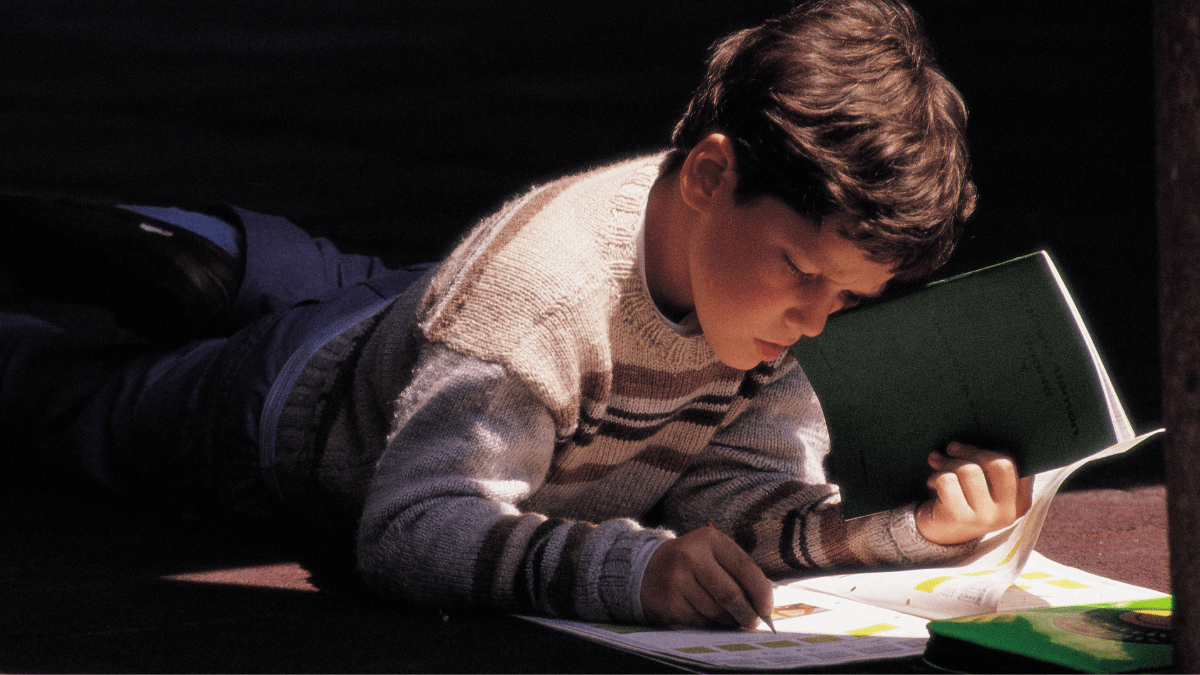
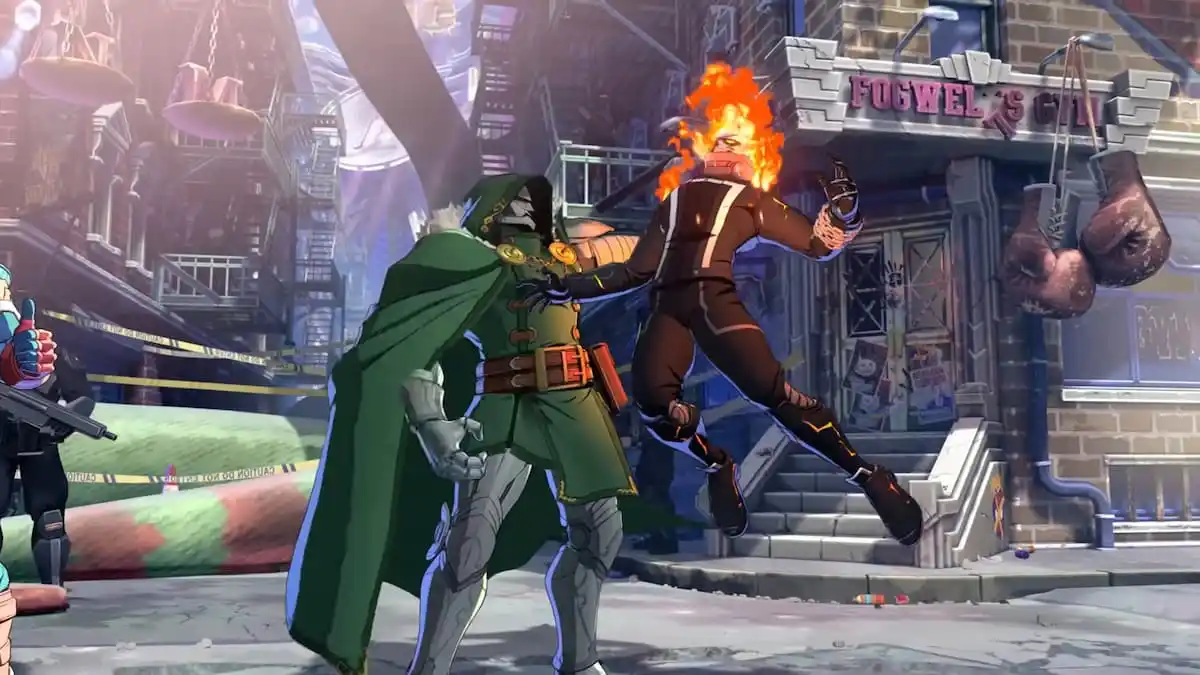
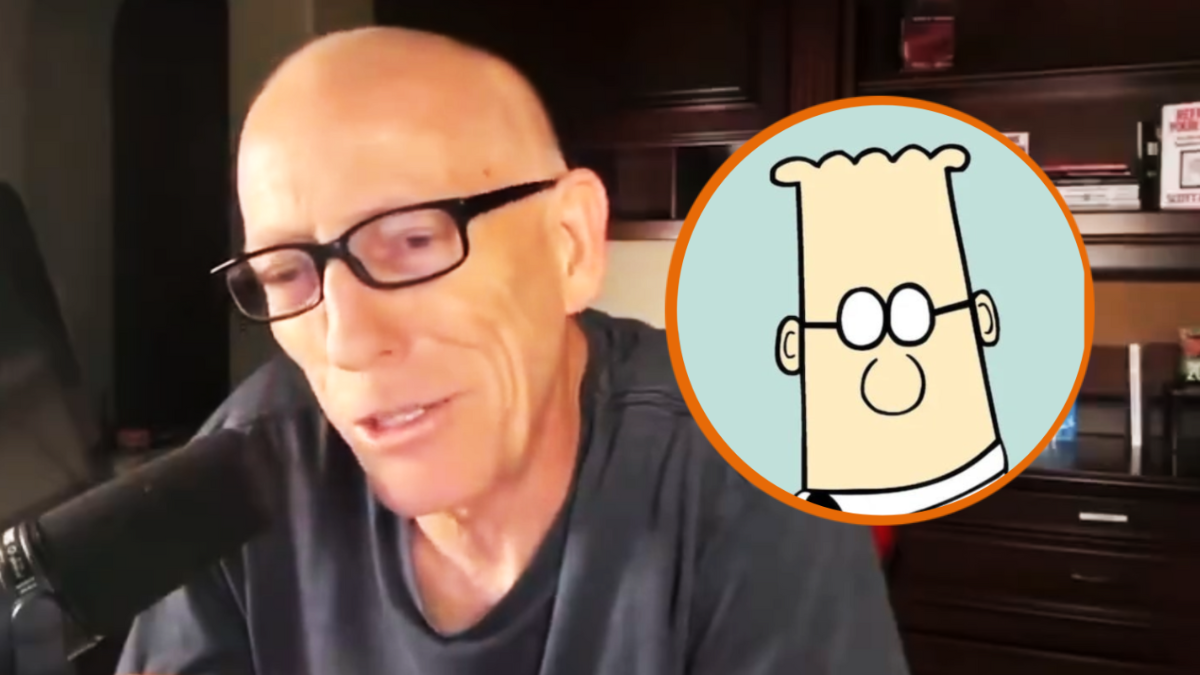

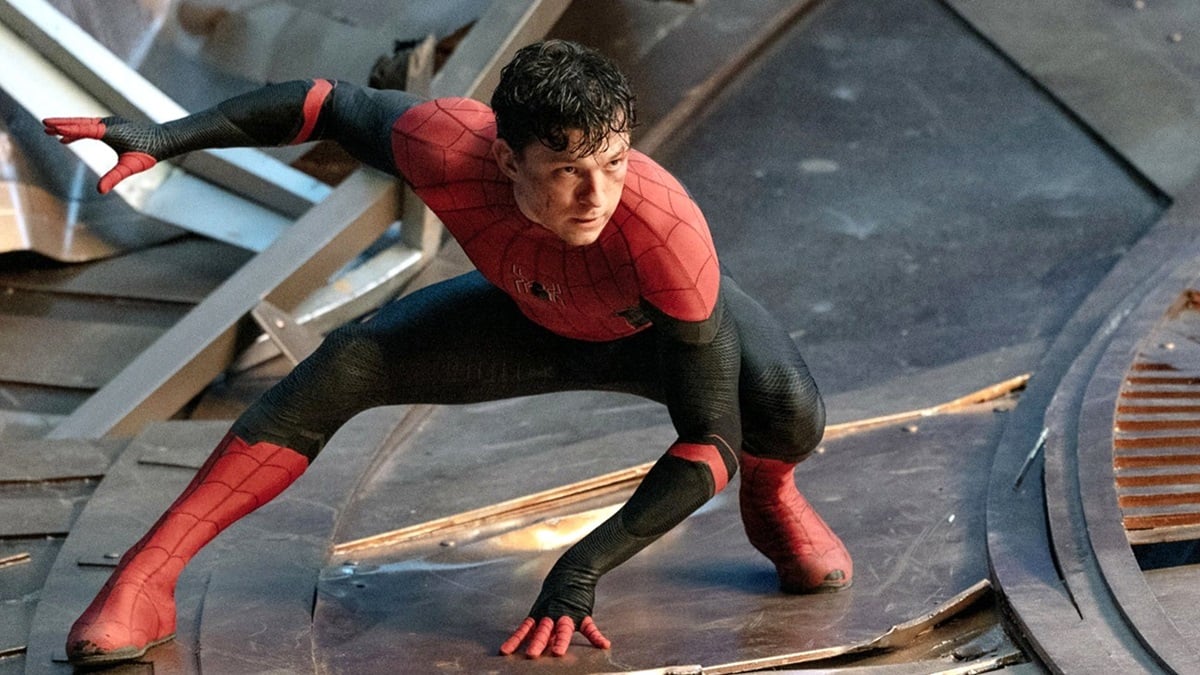
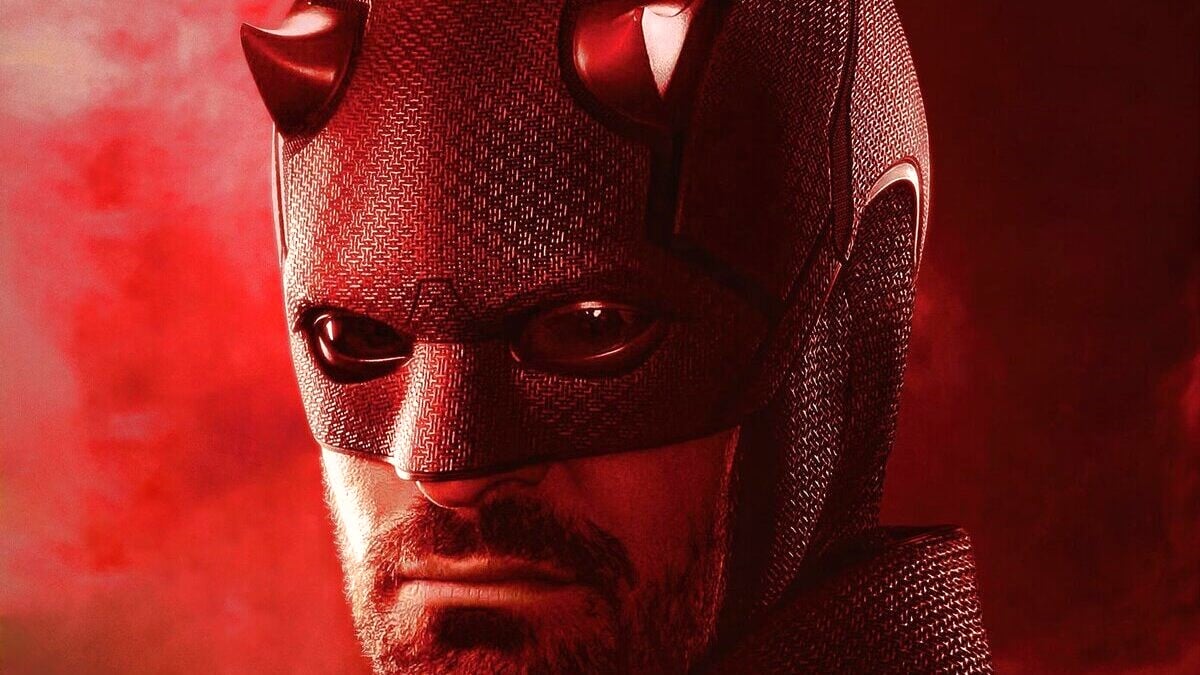
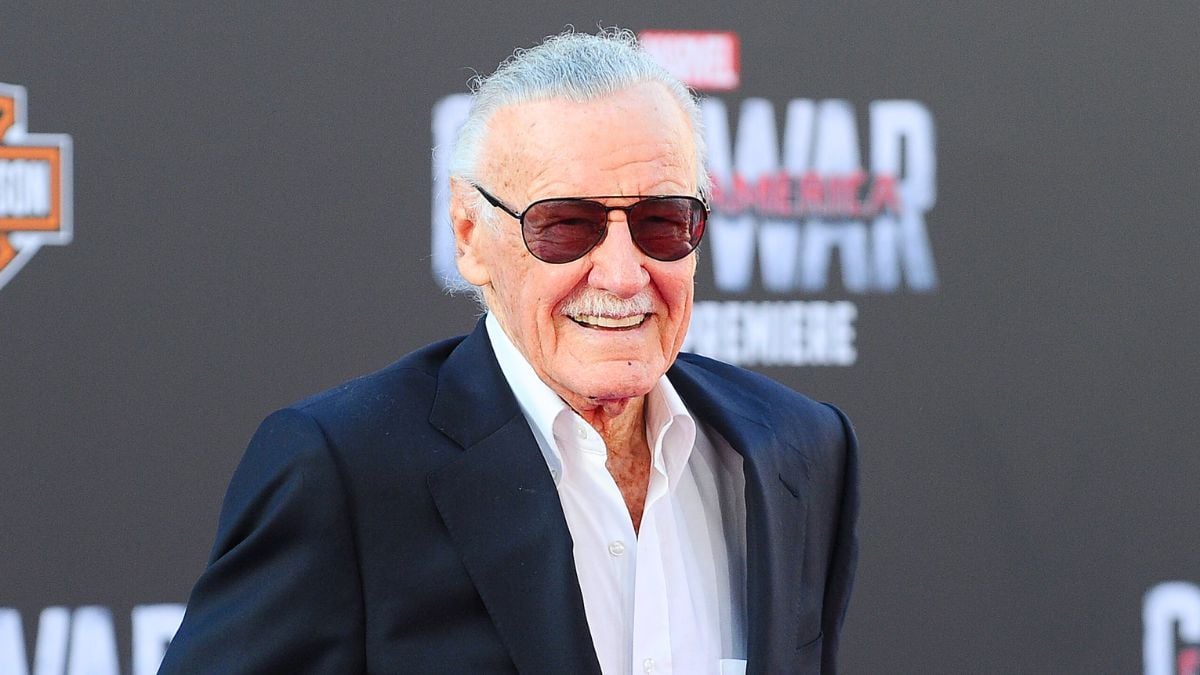
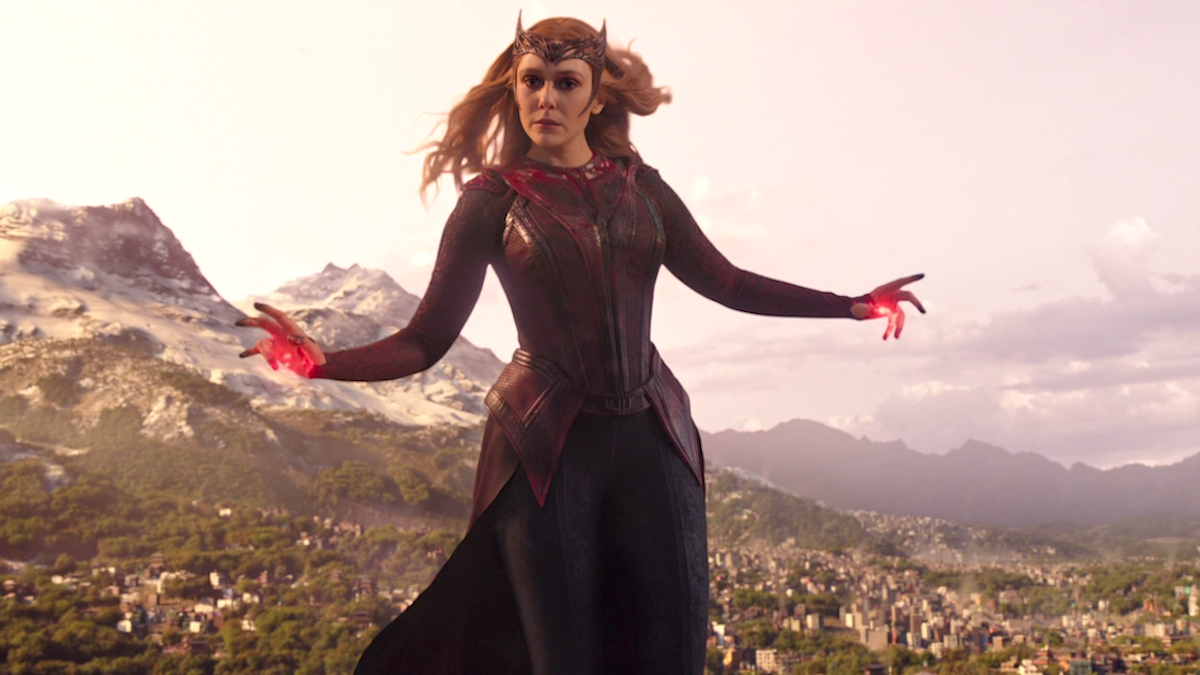
Published: Feb 22, 2017 11:53 am